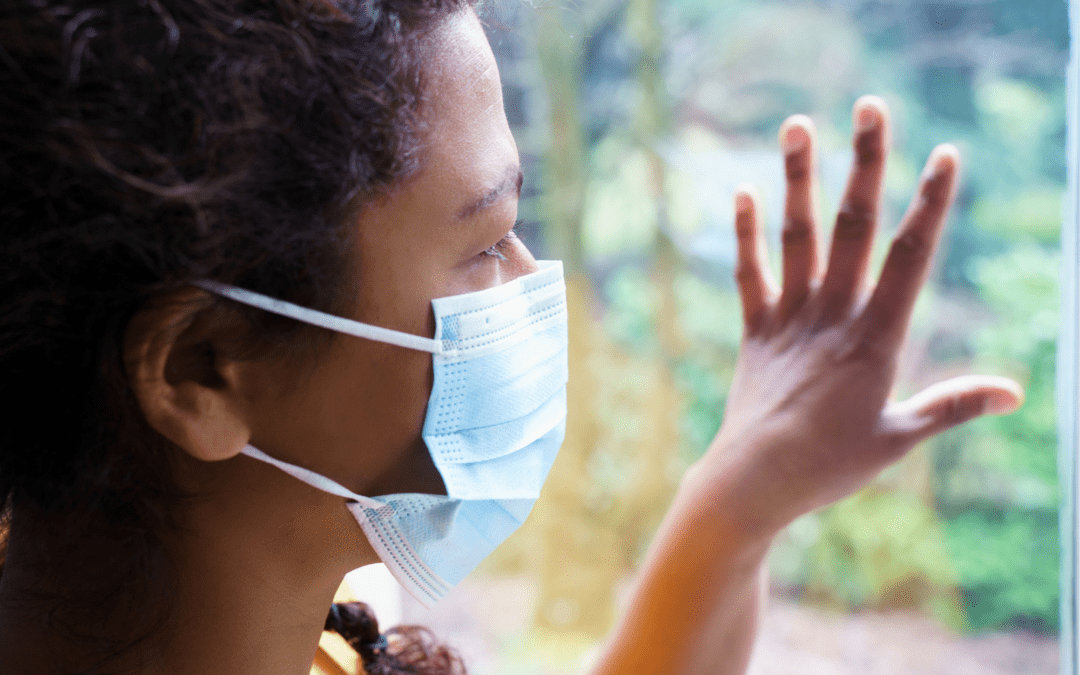Author: Jayson Blair
While Black Americans tend to experience similar rates of mental illness compared to other racial groups in the countries, according to the U.S. Centers for Disease Control and Prevention, but there are strong important contextual differences that have broad implications on outcomes. Many of these differences have been exacerbated by the COVID-19 pandemic. Black Americans were in a mental health crisis prior to the pandemic.
According to epidemiologists, that crisis has turned into a catastrophe.
Trust, bias in diagnosis, lack of health insurance due to unemployment rates, and access to care have been traditional areas of focus. Those areas continue to need to be addressed, but there are some acute concerns that need to be addressed as well.
- Impacts of the COVID-19 Pandemic. Black and Hispanic Americans make up a greater percentage of the service workers who have needed to work during the pandemic. This reality has increased their likelihood of contracting COVID-19 and limited the amount of time they have to be tested. In addition, as a good chunk of outpatient mental health care has moved virtual, Black and Hispanic Americans are less likely to have access to Zoom, computers or Internet access required for this care
- Resistant to the Methods Preferred by Others. Black Americans have tended to gravitate to intergroup and family mental health support, as opposed to traditional mental health care and the pandemic has decreased the amount of time many of them have to spend with their families and social groups
- Trust in the Mental Health System. Unethical scientific research practices that involved experiments across America’s history have exasperated distrust in healthcare. This include the well-known Tuskegee Syphilis experiment where Black men were infected with Syphilis to be studied without their consent, awareness or treatment over their conditions over decades. This has been exasperated by the focus on vaccines for COVID-19 that have rekindled some of those concerns
- Anxiety Due to the Pandemic. Like all Americans, Black Americans have experienced increased stress and anxiety due to the pandemic, which has been exasperated by the shootings, protests and counter protests in recent years. These have included the Charlottesville events involving white supremacists, the murder of George Floyd by Minneapolis police, the killing of Amhaud Arbery by racial-motivated vigilantes in Georgia, and the killing of Breonna Taylor by police in Louisville. Voter suppression efforts have also contributed. Access to care going down as stress goes up, has been a brutal combination.
Tackling these acute concerns would go a long way in the mental health community, demonstrating that Black History month is not just a platitude. Instead, it will show that America is serious about addressing not just the COVID-19 pandemic, but the Black America epidemic that has been raging for decades.
The content of the International Bipolar Foundation blogs is for informational purposes only. The content is not intended to be a substitute for professional medical advice, diagnosis, or treatment. Always seek the advice of your physician and never disregard professional medical advice because of something you have read in any IBPF content.


